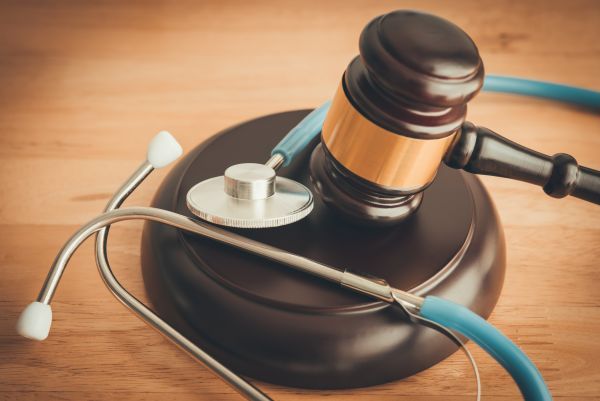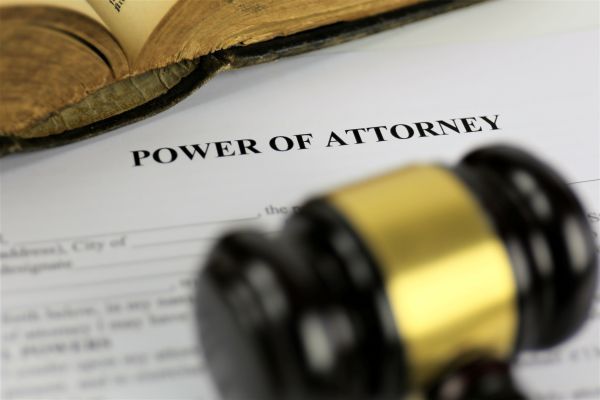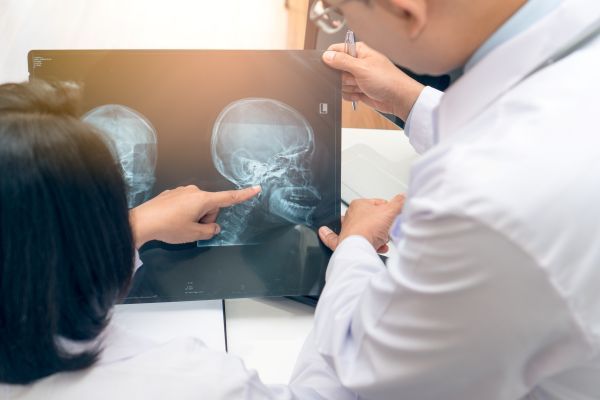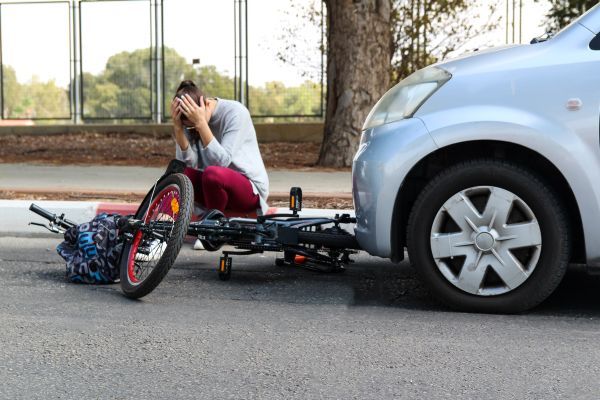What Happens If You Die Without a Will?
It’s not always easy to think about the future in terms of estate planning. Many people put it off for longer than they should, and even until it’s too late. Before you opt for the avoidance route, however, it’s important to understand what happens if you die without a will. You might just decide to put your affairs in order after all.
When you leave no written instructions, the law steps in to decide where your property goes, who receives what, and how your estate is handled from start to finish. You might assume this is the fairest process and that your belongings will automatically land in the right hands, but it isn’t always that simple.
Even though laws exist to create a somewhat predictable system, they don’t leave room for personal nuance, sentimental value, or specific requests. Without a will, the decisions that should reflect your personal wishes end up following a prescribed formula, which may not match what you would have chosen.
That’s why people so often find themselves dealing with delays, confusion, and unexpected outcomes after a relative passes away without a will in place. Understanding the basics will help you make informed choices now, instead of leaving loved ones to guess later.
Intestacy Laws
When you begin to look at what happens if you die without a will, the first thing to understand is how state intestacy laws work. If there’s no written plan, these laws immediately take over. They exist in every state, and although the details vary, the structure is usually similar.
The process starts by identifying your closest legal relatives, and from there, your property is distributed according to a set order. Your spouse, your children, your parents, and your siblings become part of a legal hierarchy that determines who receives what, even if your wishes were different, and even if you told family members differently before you died.
A key part of this process involves understanding which parts of your estate actually fall under intestacy, as not everything goes through this system. For instance, retirement accounts and life insurance policies often transfer directly to the beneficiaries you’ve already named. However, your home, your car, your savings, and your personal belongings usually become part of the probate estate, and that is where the intestacy laws kick in. The state’s formula is designed to be neutral, not personal, so without written instructions, the law assumes that your closest blood relatives or spouse should inherit your property.
What Happens to Your Assets
Once your estate enters probate, the court begins applying the distribution rules to your property. If you’re married, your spouse may receive most or all of your estate, but this isn’t guaranteed. In many states, if you have children from a previous relationship, the law divides your estate between your spouse and your children. That can create a situation you never intended, especially if those children are estranged, don’t live with your spouse, or don’t share the same expectations about your property.
If you have no spouse or children, the estate moves outward to your parents. If your parents aren’t living, your siblings are next. When you have no siblings, the law continues reaching further into your extended family. Every state has its own version of this hierarchy, but the idea is the same: Someone will inherit, even if the person who ends up with your property isn’t someone you were close to or even met. Occasionally, if no eligible relatives can be found, the entire estate may eventually go to the state, something most people never expect.
What often complicates things more is the nature of the assets themselves. Some items are simple to transfer, such as bank accounts or personal property. On the other hand, real estate, shared investments, business ownership interests, or items with sentimental value can quickly stir conflict. When there’s no written direction, family members may have different interpretations of what you would have wanted, and those interpretations don’t always align. In an already highly stressful situation, even seemingly innocent questions can turn into disagreements, and disagreements can turn into full-blown disputes.
Unexpected Complications
People rarely realize that dying without a will slows the process of distributing the assets. This can leave family members unable to access funds to pay for funeral expenses or cover outstanding bills, such as a mortgage on your home.
If you haven’t named someone to handle your estate, the court must appoint a personal representative. This step alone can lead to delays, especially if multiple relatives want the role, or if no one feels prepared to take it on. Ultimately, the person chosen may not be who you would have selected, which can add another layer of stress for your family.
Even when everyone has good intentions, emotions tend to run high after a loss, and people often interpret fairness differently. For example, two siblings may both want a sentimental item, or a surviving spouse and adult children may see the estate from completely different perspectives.
Blended families face even more challenges because the law may split assets in a way that feels unfair to one group, even though the state is simply following the law. Long-term partners, stepchildren, or close friends may end up with nothing, even if they played central roles in your life. The court isn’t allowed to make exceptions, no matter how compelling the circumstances may be.
Protecting Your Wishes
Now that you have a clearer picture of what happens if you die without a will, you may understand how important it is to plan ahead. Having an up-to-date will ensures everything remains aligned with your current wishes.
Estate planning is ultimately about taking care of the people you care about. A will in place makes everything easier, calmer, and more predictable for those left behind. When you’re ready to take that next step, the experienced estate planning attorneys at Warren Allen LLP can help you build a personalized plan that reflects your intentions with clarity and confidence.









